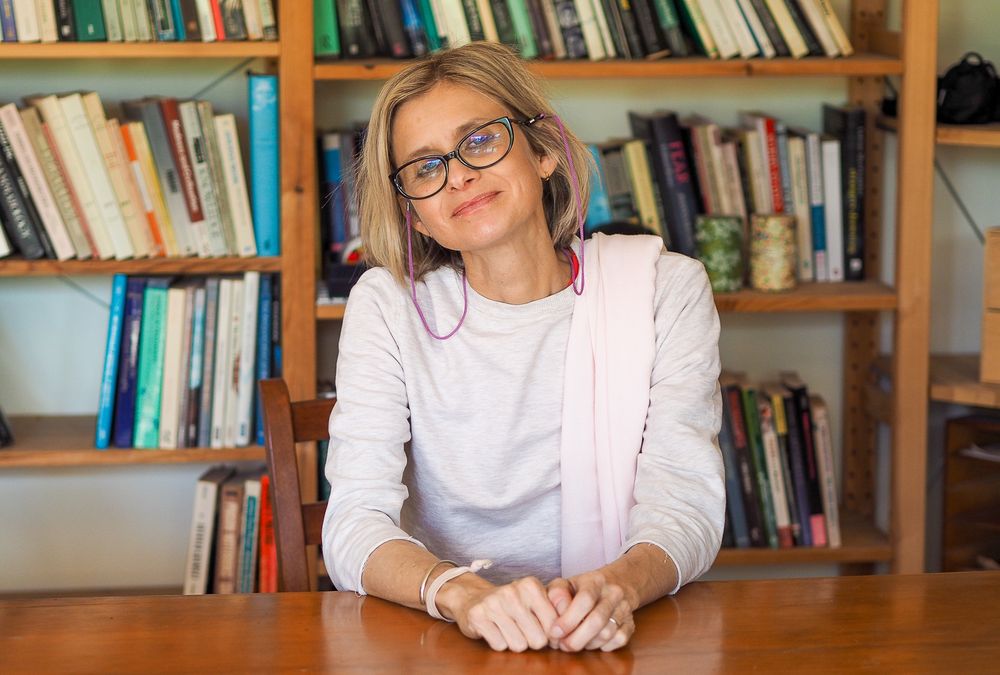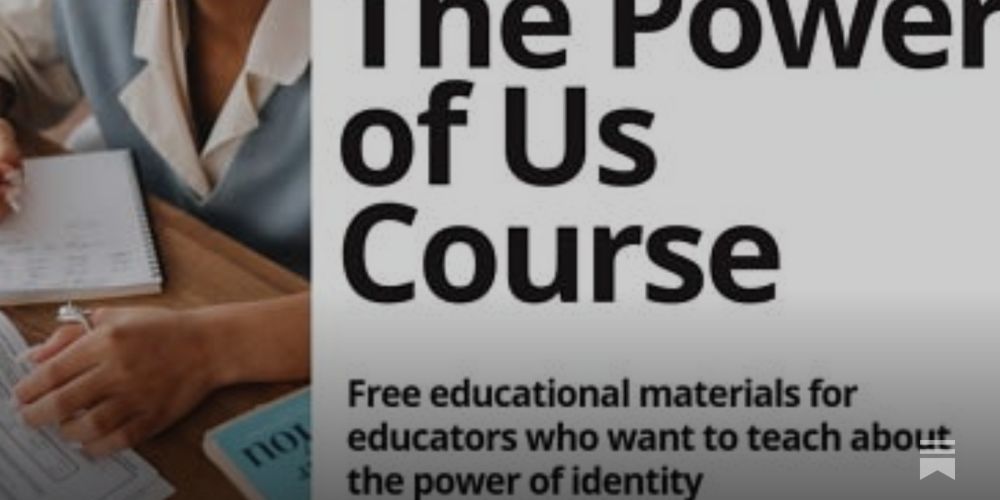I didn’t get an email but was surprised by this when I just tried to log in for the first time in a while
26.08.2025 04:27 — 👍 0 🔁 0 💬 1 📌 0
Most of this research is open access, & has been done in collaboration with (or sometimes led by) other cool folks, including Blueskyers @annayahprosser.bsky.social & @bleiker.bsky.social
21.07.2025 02:30 — 👍 2 🔁 0 💬 0 📌 0


* We systematically reviewed research on charitable giving (437 articles): 73% included subjective (i.e. self-reported) measures & only 33% included objective (i.e. observed behavior) measures. Objective measurement varied across disciplines, geographic regions, & methods: doi.org/10.1177/0899...
21.07.2025 02:30 — 👍 0 🔁 0 💬 1 📌 0


* Thematic analyses reveal fundraisers walk an ethical tightrope by having to consider the needs of three key stakeholders - donors, beneficiaries, & fundraisers. They also mention diverse considerations around how beneficiaries are or should be depicted in campaigns: doi.org/10.1177/0899...
21.07.2025 02:30 — 👍 0 🔁 0 💬 1 📌 0


* A natural experiment involving 213,404 donors to 45 charities shows that mass market fundraising methods that involve interpersonal interaction are linked to lower donation values over time, possibly because people feel pressured to give: doi.org/10.1177/0899...
21.07.2025 02:30 — 👍 0 🔁 0 💬 1 📌 0

Beneficiary effects in prosocial decision making: Understanding unequal valuations of lives
To understand human prosocial behaviour, one must consider not only the helpers and the requesters, but also the characteristics of the beneficiaries. To this aim, this articles reviews research on...
* Eight key factors influence which beneficiaries generate the most financial support - (1) temporal proximity, (2) young age, (3) female gender, (4) misery, (5) innocence, (6) ingroup status, (7) identifiability, and (8) high proportion: doi.org/10.1080/1046...
21.07.2025 02:30 — 👍 0 🔁 0 💬 1 📌 0


* Systematic review of 153 studies shows giving can be incentivized by either material or social rewards & by offers benefiting either the donor or some other. Thank you gifts in fundraising appeals may backfire, while offers like matches & recognition should promote giving: doi.org/10.1177/0899...
21.07.2025 02:30 — 👍 0 🔁 0 💬 1 📌 0

DONOR PSYCHOLOGY RESEARCH ROUND-UP
Here's a roundup of our latest research findings on donor psychology & effective and ethical fundraising:
* Meta-analysis shows identification w (1) other donors, (2) beneficiaries, & (3) fundraisers can all promote charitable giving: doi.org/10.1177/0899...
21.07.2025 02:30 — 👍 1 🔁 0 💬 1 📌 0

The climate activist’s dilemma: Extreme protests reduce movement support but raise climate concern and intentions
www.sciencedirect.com/science/arti...
11.07.2025 12:47 — 👍 6 🔁 3 💬 0 📌 0
I suppose it depends on if you see “minority” as a collective status (in which case use intra) or see different minority groups as having distinct identities (in which case use inter). My feeling is that intra is perhaps a bit homogenizing?
06.06.2025 06:42 — 👍 0 🔁 0 💬 0 📌 0

Emma & I had the pleasure of working with @cassandrachapman.bsky.social, our lead-author, & Matthew Hornsey, on this article on ethical tensions in nonprofit fundraising. Part of a joint ARC Linkage Project it involved cross-disciplinary learning & adjusting. journals.sagepub.com/doi/10.1177/...
31.03.2025 06:45 — 👍 8 🔁 4 💬 0 📌 0

Home | Donor Psychology
Improve your strategy and fundraising with the latest research on the psychology of charitable giving.
We are thrilled to finally be able to share these learnings & hope they'll be valuable to scholars & practitioners alike. Please share with your networks. If you find content like this useful, please also subscribe to our research translation website www.donorpsych.org or YouTube channel @DonorPsych
27.02.2025 01:37 — 👍 1 🔁 0 💬 0 📌 0
Thanks to my tireless co-authors: Jessica Spence, Matt Hornsey, & Lucas Dixon. Those who know, know that meta-analyses are complex & laborious and this one has been in progress for over 5 years!
27.02.2025 01:37 — 👍 1 🔁 0 💬 1 📌 0
Also, effects of social identification (whether strength of identification or shared identity) were smaller for actual behavior than for self-reported giving & were only found when giving was mediated through charities but not when giving directly to individuals.
27.02.2025 01:37 — 👍 0 🔁 0 💬 1 📌 0
The strength of identification (i.e., how strongly one identifies with the target) was more strongly associated with charitable giving than merely sharing a social identity with the target (e.g., both being from the same country).
27.02.2025 01:37 — 👍 0 🔁 0 💬 1 📌 0


Briefly, we meta-analyzed 40 years of research & found positive relationship btwn social identification & charitable giving (r=.29, for the nerds). This means about 8% of the observed variance in people's charitable decisions could be explained by variation in identification with relevant targets.
27.02.2025 01:37 — 👍 0 🔁 0 💬 1 📌 0
YouTube video by Donor Psychology
Harnessing the Power of Identification in Fundraising
Our new research on the role of identification in charitable giving is out now in NVSQ. I recorded this short video summarizing key findings & giving ideas to fundraisers & nonprofit managers about how they can effectively harness identification in their campaigns.
www.youtube.com/watch?v=GNXu...
27.02.2025 01:37 — 👍 2 🔁 0 💬 1 📌 0
YouTube video by Donor Psychology
How the media influences disaster giving
EXPLAINER: How the media influences disaster giving
#fundraising #nonprofits
www.youtube.com/watch?v=vTMQ...
21.01.2025 21:34 — 👍 1 🔁 0 💬 0 📌 0
Across 80 groups, intergroup contact was consistently associated with lower prejudice.
The type of group and type of contact did not matter.
14.01.2025 18:53 — 👍 31 🔁 9 💬 0 📌 0

Here it is: a tribute to Emma Hutchison, my amazing wife and research collaborator. I hope it does justice to the brilliant scholar and the remarkable person she was. Sorry it took me a while after Emma’s passing to gather enough strength to honour her. www.rolandbleiker.com/tribute-to-e...
06.01.2025 06:16 — 👍 180 🔁 33 💬 8 📌 5

The POWER OF US Course: A syllabus for teaching about social identity
Issue 123: Calling all educators: we have new free educational materials for teaching about the Power of Shared Identity
Interested in teaching people about social identity, group dynamics, intergroup conflict, & social psychology?
We made a syllabus with free content:
-Course schedule
-Videos
-Readings
-Chapter summaries
-Slides
-Tests
-Activities
-Interactive class Q&A
www.powerofusnewsletter.com/p/the-power-...
18.06.2024 15:04 — 👍 38 🔁 18 💬 0 📌 0
This is a big problem, regarding methods & also disciplinary norms. As an interdisciplinary scholar, I often face crossness from reviewers who think their way of doing things is the only valid one. Let's normalize admitting when something is outside our wheelhouse & remaining open minded.
19.12.2024 00:00 — 👍 9 🔁 1 💬 0 📌 0
Her third paper, still going through review, tests the efficacy of interventions designed to promote psychological ownership and their flow on effects on blood donation intentions.
Congrats again, Abby, on a wonderful body of research advancing the science of generosity.
18.12.2024 23:38 — 👍 0 🔁 0 💬 0 📌 0
Part human, part bot, 100% UNOFFICIAL. I track Australian Research Council grant outcomes. Bot checks outcomes announcements each min. DMs open. FAQ: https://tinyurl.com/ARC-Tracker-FAQ
Global researcher & practitioner network based at The University of Queensland (UQ). Promotes donor research to health sector & community. Website: research.psy.uq.edu.au/dorn/
UQ Social Media Guidelines: http://bit.ly/3Cruuly
I'm a lecturer at The University of Stirling researching face perception, social judgements, partner choice, and other things.
Mother, friend, senior lecturer, psychologist, and potter - blending academia, clinical practice, and life with authenticity and compassion. www.joycevromen.com
Researcher of employee #wellbeing. #Academic in #IOPsych at University of Queensland, Brisbane, Australia. Also mum to a toddler and a corgi. 💛👧🏻🐶💛
Unflappable! Social psychology, movies, music, etc.
Writes about the politics of images & emotions across conflict, security, resistance, humanitarianism. Prof of International Relations UQ. Runs @visualpolitics.bsky.social. https://www.rolandbleiker.com
Communications Psychology is a selective, peer reviewed, open access journal in the @natureportfolio.bsky.social, publishing high-quality research, reviews and commentary across psychology.
https://www.nature.com/commspsychol/
A Nature Portfolio journal bringing you research and commentary on all aspects of human behaviour.
https://www.nature.com/nathumbehav/
A monthly journal dedicated to publishing cutting-edge research on the nature, underlying causes or impacts of global climate change and its implications for the economy, policy and the world at large https://www.nature.com/nclimate
Experimental psychologist. Full professor for Social & Economic Psychology at Uni Bremen (Germany), researcher in Philosophy at Uni Oxford (UK). Research: morality, prosociality, group dynamics. https://www.uni-bremen.de/en/social-psychology
Research Fellow at the University of Melbourne researching the governance of climate and energy transitions.
UW-Madison | International Center for Not-for-Profit Law (ICNL) | Liverpool School of Law + Social Justice | China Medical Board | Give2Asia | https://law.wisc.edu/profiles/mark.sidel
Assistant Professor for Global Philanthropy, University of Basel | Visiting researcher at the Gradel Institute of Charity (Oxford)
Assistant Professor @UMass Public Policy | Everything on #Nonprofit #Philanthropy #Leadership #Advocacy #Computational | PI of Community4impact Lab | HongKonger ✍🏻 www.vivianacswu.org
🎓 PhD Candidate (Social/Environmental Psychology)
🌱 Member of @GreenpeaceAP.bsky.social’s General Assembly
🌏 @ClimateRealityProject.org Leader
💁🏻♂️ Pronouns: He/him
🔗 Find me on other platforms: bio.site/jarrennylund
Forrest Foundation Fellow @ University of Western Australia. Researching how children think and learn about their natural and cultural worlds. 🌿🧠🐝 Human-animal relations & cross cultural developmental psychology
Postdoc and lecturer at Flinders University, researching how people think about the present and future, and how this influences their social and political attitudes and behaviour.
🏳️🌈 they/them
Workforce researcher who specialises in ethnographic methods, hospitality, & the platform economy
Lecturer at University of Exeter (https://psychology.exeter.ac.uk/people/profile/index.php?username=mu246) • Social and Political Psychology • Co-Editor-in-Chief of Global Environmental Psychology (https://gep.psychopen.eu/index.php/gep)

























